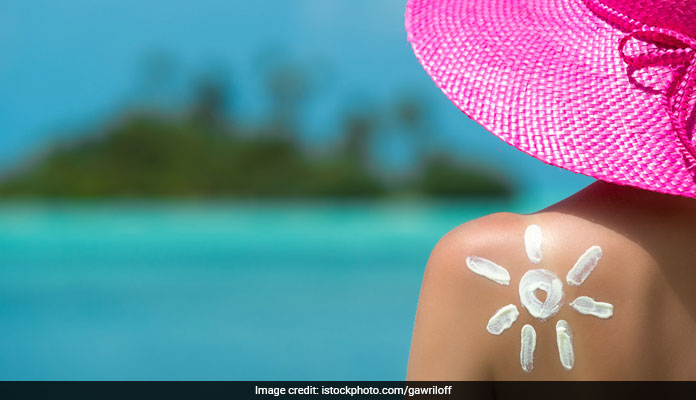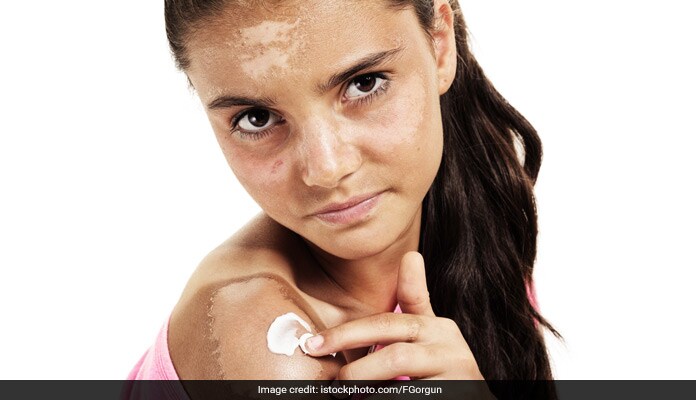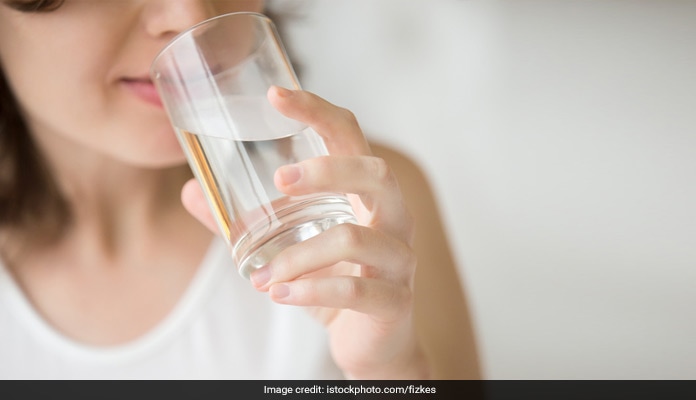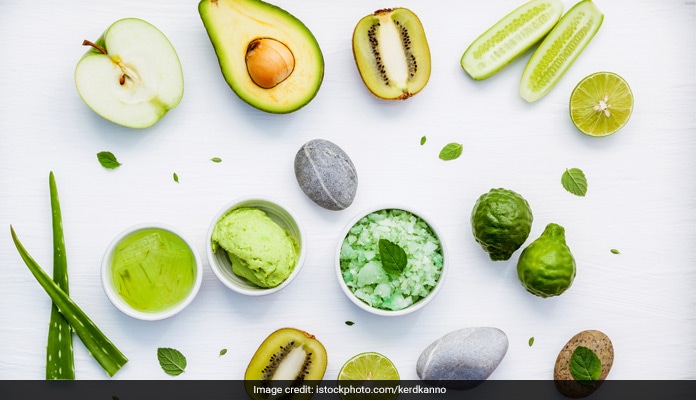It's essential to take care of you skin , especially during the summertime, when UV levels can wreak havoc on exposed skin. While those killer rays may feel sensational, the effects of sun exposure may not be as agreeable over time.

Even a mild sunburn that produces only a little redness destroys the top layer of your skin
Do you think this summer will eat away your healthy glowing skin? Well, looking at the scorching sun, and burning flames, these are some ways to protect yourself :
1. Choosing a Sunscreen with the right SPFSunscreens are products combining several ingredients that help prevent the sun's ultraviolet (UV) radiation from reaching the skin. Two types of ultraviolet radiation, UVA and UVB, damage the skin, age it prematurely, and increase your risk of skin cancer. UVB is the chief culprit behind sunburn, while UVA rays, which penetrate the skin more deeply, are associated with wrinkling, leathering, sagging, and other light induced effects of aging. Most sunscreens with Sun Protection Factor of 15 or higher do an excellent job of protecting against UVB. SPF 15 filters out approximately 93 percent of all incoming UVB rays. SPF 30 keeps out 97 percent and SPF 50 keeps out 98 percent. Check for Zinc oxide in your sunscreen that shall help you in protecting from UVA rays. Go for sunscreens that have lesser chemical ingredients and have been processed to protect the skin and not damage it further.

SPF protects your skin from direct exposure to UV rays
Photo Credit: iStock
2. Keep yourself hydrated
Drink large quantities of water helps your skin to glow naturally. Drink plenty of water to keep your skin hydrated, moisturized, so your skin can adequately work on repairing itself. Sun exposure increases fluid loss and dehydration in skin, so it is important to replenish the lost fluids in your body after a sunburn.

drinking water helps you prevent dehydration
Photo Credit: iStock
3. Intake of antioxidants
Dietary antioxidants can offer a degree of protection but quite how much is yet to be determined. It seems that various antioxidants might be useful; flavanoids such as those found in black and green tea along with polyphenols in red wine and cocoa have a mild protective effect against UV rays in the skin. Water consumption helps in keeping your skin hydrated and healthy.

Antioxidants are essential for skin protection
Photo Credit: iStock
4. Stay indoors
It is an obvious but very important way to limit your exposure to UV light is to avoid being outdoors in direct sunlight for too long. This is particularly important between the hours of 10 am and 4 pm, when UV light is strongest. If you are unsure how strong the sun's rays are, use the shadow test: if your shadow is shorter than you are, the sun's rays are the strongest, and it's important to protect yourself. Avoid going out unless you have something important to do. It is the best way to avoid the direct exposure of sun rays but not feasible all the time. Whenever you have to go out, cover your exposed body parts by a scarf or just by wearing a cap. Once you reach your destination, wash your face well.
5. Check your vitamin D intake
Vitamin D has many health benefits. It might even help lower the risk for some cancers. Your skin makes vitamin D naturally when you are in the sun. How much vitamin D you make depends on many things, including how old you are, how dark your skin is, and how strong the sunlight is where you live. At this time, doctors aren't sure what the optimal level of vitamin D is. A lot of research is being done in this area. Whenever possible, it's better to get vitamin D from your diet or vitamin supplements rather than from sun exposure because dietary sources and vitamin supplements do not increase skin cancer risk, and are typically more reliable ways to get the amount you need.
6. Maintain a balanced dietDid you know that the food you eat influences how easily you burn when out in the sun? Research has found certain key nutrients from your diet can actually boost your skin's natural sun protection and protect your skin from sun damage. Citrus fruits (lemons, limes, oranges and grapefruits) are high in vitamin C. Long-term intake of vitamin C, together with vitamin E, can reduce the potential for sunburn. Beta-carotene found in carrots also helps protect the skin against the free radical damage caused from sun exposure. Because of this, carrots can provide increased protection against sunburn, especially when combined with Vitamin D.
DoctorNDTV is the one stop site for all your health needs providing the most credible health information, health news and tips with expert advice on healthy living, diet plans, informative videos etc. You can get the most relevant and accurate info you need about health problems like diabetes, cancer, pregnancy, HIV and AIDS, weight loss and many other lifestyle diseases. We have a panel of over 350 experts who help us develop content by giving their valuable inputs and bringing to us the latest in the world of healthcare.














